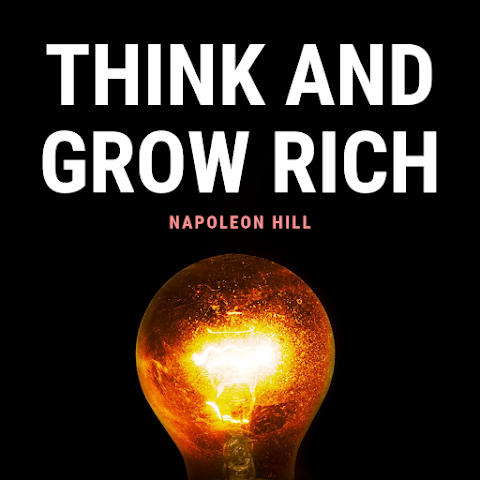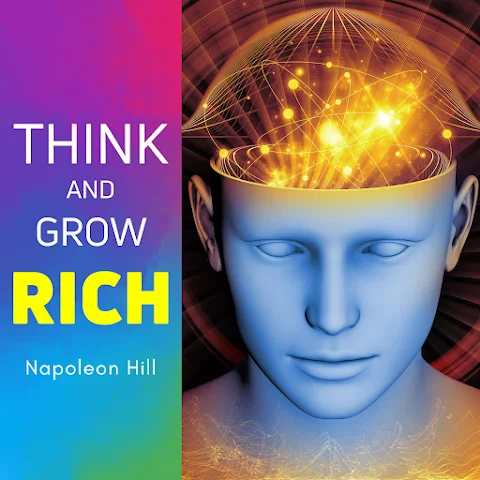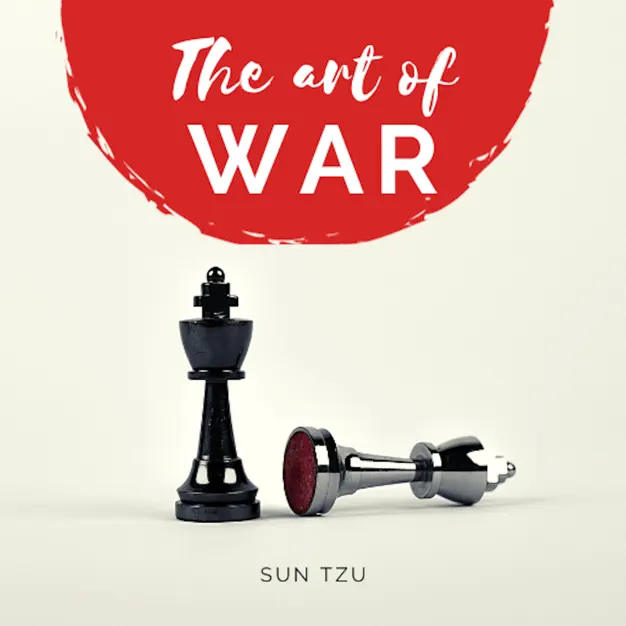Introduction: The Power of Universal Themes
The enduring appeal of The Count of Monte Cristo lies not just in its gripping plot or memorable characters, but in its exploration of universal themes that resonate across generations, cultures, and reading levels. For first-time readers, these fundamental themes serve as familiar anchors while navigating the rich complexity of classic literature. Through its masterful handling of justice, revenge, love, redemption, and personal transformation, the novel creates an accessible yet profound reading experience that makes it the perfect gateway into serious literature.
What sets The Count of Monte Cristo apart as an ideal first book is how these universal themes are woven into a narrative that progressively deepens their exploration. Beginning with straightforward presentations of these concepts, the story gradually reveals their complexities, allowing new readers to develop their analytical skills naturally as they follow Edmond Dantès' journey. This progressive complexity, combined with themes that speak to fundamental human experiences, creates an ideal learning environment for developing literary appreciation.
Listen on Spotify
Experience the powerful universal themes of The Count of Monte Cristo through our professional audiobook narration. The skilled voice acting brings these timeless concepts to life, helping first-time readers connect with the deep emotional resonance of justice, revenge, love, and redemption that make this story an ideal starting point for your literary journey.
Section 1: Justice and Morality - A Perfect Introduction to Complex Themes
The Foundation of Understanding
The theme of justice in The Count of Monte Cristo serves as an ideal entry point for new readers, presenting moral complexities through accessible scenarios that gradually increase in sophistication:
Initial Accessibility
- Clear Moral Injustice
- Wrongful imprisonment of an innocent man
- Conspiracy of jealous rivals
- Loss of reputation and future
- Basic human rights violation
- Relatable Desire for Justice
- Universal understanding of fairness
- Natural empathy with the wronged
- Basic moral compass engagement
- Emotional investment in outcomes
Progressive Complexity
- Multiple Perspectives
- Different interpretations of justice
- Varying moral standpoints
- Conflicting rights and wrongs
- Ethical dilemmas
- Deeper Questions
- Justice versus revenge
- Personal versus divine justice
- Moral responsibility
- Consequences of actions
Section 2: Love and Betrayal - Emotional Resonance for New Readers
Universal Emotional Experiences
The novel's exploration of love and betrayal provides new readers with emotionally engaging themes that are both accessible and profound:
Romantic Love
- Initial Romance
- Pure love of Dantès and Mercédès
- Youthful optimism and dreams
- Simple happiness and hope
- Relatable romantic ideals
- Complex Development
- Testing of love through time
- Impact of circumstances
- Growth and change in relationships
- Mature understanding of love
Betrayal and Trust
- Personal Betrayal
- Friendship turned to treachery
- Impact of jealousy
- Breaking of trust
- Emotional consequences
- Societal Betrayal
- Corruption of justice system
- Abuse of power
- Social responsibility
- Institutional failure
Section 3: Transformation and Identity - A Journey of Self-Discovery
Personal Growth and Change
The theme of transformation provides new readers with a compelling narrative arc that explores fundamental questions of identity and growth:
Physical Transformation
- External Changes
- From sailor to count
- Appearance and manner
- Social status elevation
- Lifestyle transformation
- Skills Development
- Education and learning
- Social refinement
- Strategic thinking
- Personal capabilities
Psychological Evolution
- Internal Changes
- Character development
- Emotional maturity
- Moral complexity
- Psychological depth
- Identity Questions
- Self-discovery journey
- Personal values evolution
- Life purpose exploration
- Moral compass development
Section 4: Reader Engagement and Personal Connection
Interactive Thematic Elements
The novel's universal themes create multiple points of engagement for new readers, encouraging personal reflection and emotional investment:
Moral Reflection
- Ethical Considerations
- Justice versus vengeance
- Right versus wrong
- Means versus ends
- Personal responsibility
- Value Judgments
- Character decisions
- Moral choices
- Consequence evaluation
- Ethical dilemmas
Personal Connection
- Emotional Resonance
- Universal experiences
- Relatable feelings
- Human conditions
- Shared emotions
- Self-Reflection
- Personal values
- Life experiences
- Moral standing
- Individual growth
Conclusion: A Perfect Thematic Introduction to Literature
The Count of Monte Cristo's masterful handling of universal themes makes it the ideal first book for new readers. Through its exploration of justice, love, betrayal, and transformation, the novel creates multiple entry points for reader engagement while gradually building literary comprehension skills. The accessibility of these themes, combined with their progressive complexity, provides an perfect balance between immediate emotional connection and deeper intellectual engagement.
For first-time readers, these universal themes serve as familiar guideposts while navigating the rich complexity of classic literature. The novel demonstrates how timeless human experiences can be explored through sophisticated storytelling, creating an engaging reading experience that develops both emotional intelligence and literary appreciation. As readers follow Dantès' journey through these themes, they naturally develop the analytical skills and reading comprehension necessary for exploring other literary works.
In conclusion, The Count of Monte Cristo's universal themes create an ideal learning environment for new readers, combining accessible emotional resonance with opportunities for deeper reflection and analysis. This combination makes it not just an engaging first read, but a perfect gateway to the broader world of literature, establishing a foundation for a lifetime of meaningful reading experiences.



